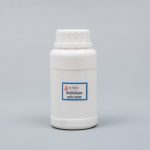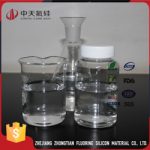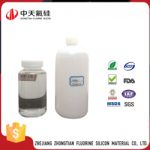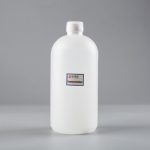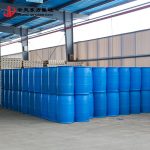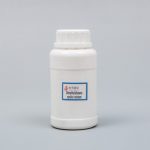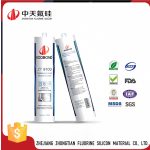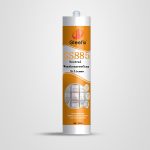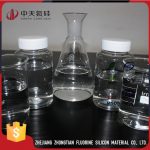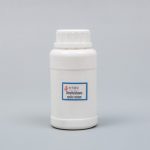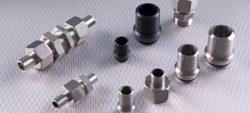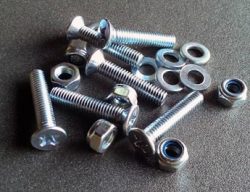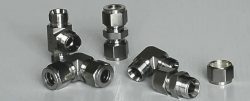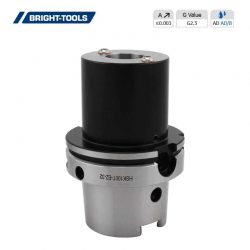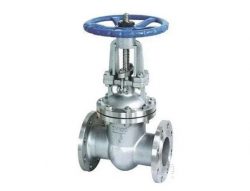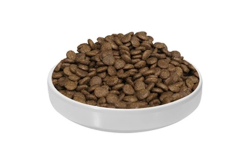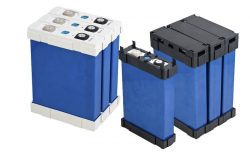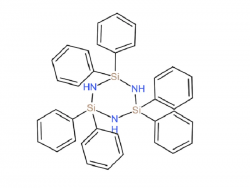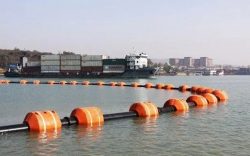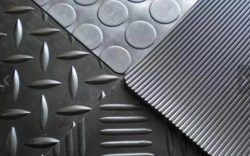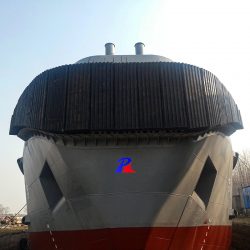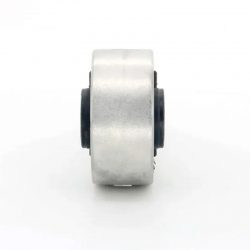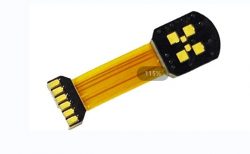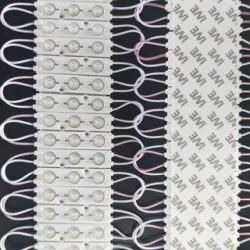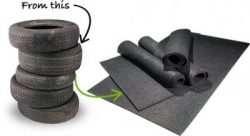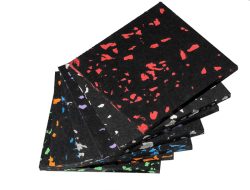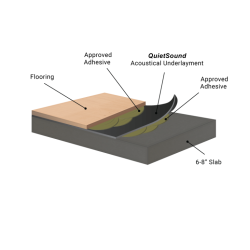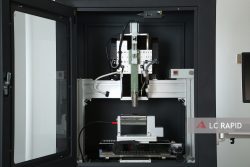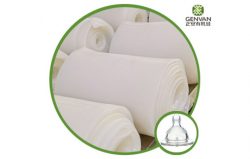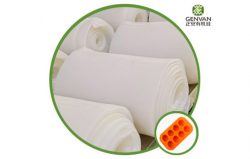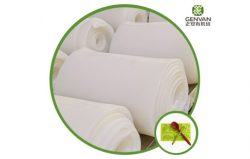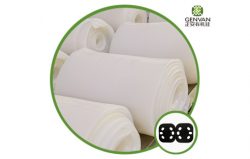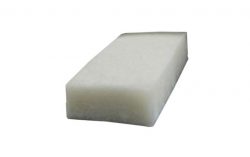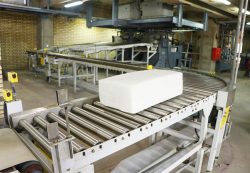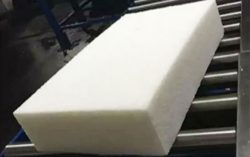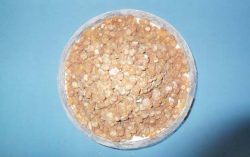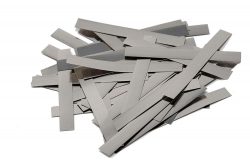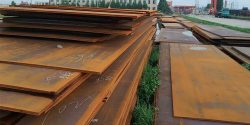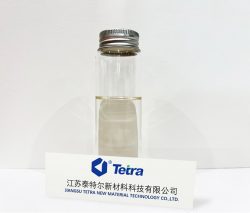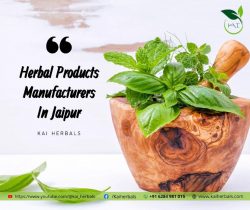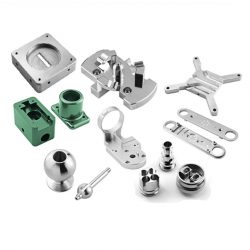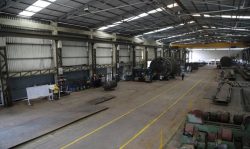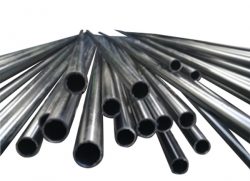Silicone Rubber (HTV)
HTV quality or high-temperature vulcanized silicone rubber is used in the compression molding press. Special silicone rubber materials are chosen based on their intended use, whether they need to be fire, oil, or heat resistant. Food and medical qualities have FDA and BFR approvals.
HTV silicone has been widely used to replace petrochemical products in all industries including aerospace, munitions industry, automobile, fine chemicals, construction, electric and electronics, food processing, mechanical engineering, medical and pharmaceutical, cosmetics, home appliances, paper film, solar batteries, and semiconductor. Recently, the scope of silicone applications has been expanding at a greater speed.
Zhongtian Silicone Rubber (HTV) Product Series
Zhongtian East Fluorine Silicon has long been a supplier of silicon rubber products. As silicone rubber manufacturers, we offer good quality silicone rubber products for customers who want to buy liquid silicone rubber and solid silicone rubber at a nice price. Zhongtian has developed its own silicone rubber (HTV) product series, in which you can find methyl vinyl silicone rubber and mixing silicone rubber.
Silicone Rubber (HTV) Properties
1. Temperature resistance: silicone rubber can withstand extreme temperatures and remain stable under extreme stress conditions and harsh environments without affecting use. It can work under -90℃~+350℃ for a long time.
2. Durable: silicone rubber has excellent insulation, heat resistance, oil resistance, aging resistance, which means that it has a long service life.
3. Other properties: silicone rubber also has excellent performances in weather resistance, water repellent, electrical insulation, physiological inertness after vulcanization
Silicone Rubber (HTV) Application
According to its vulcanization temperature, silicone rubber can be divided into two categories: high-temperature vulcanization type and room temperature vulcanization type, silicone rubber (HTV) is mainly used in the manufacture of various silicone rubber products. Today, the application of silicone rubber (HTV) is becoming wider and wider in aerospace and aviation industries for the manufacturing of the components used in the interior and exterior of aircraft or spacecraft. silicone rubber can be also found in mold making, auto industry, electronic industry and other industries such as machinery, construction, textile, chemical, light industry, and printing.
Process of Silicone Rubber (HTV)
Silicone Rubber (HTV) is high molecular weight (molecular weight is generally 400,000 ~ 800,000) of polyorganosiloxane (i.e. raw rubber) with reinforcing fillers and various other additives, using organic peroxide as vulcanizing agent, by pressure molding (molding, extrusion, calendering) or injection molding, and at high temperature cross-chain into rubber.
Description of Clear Silicone Rubber Liquid
Clear silicone rubber liquid is relative to solid high-temperature vulcanized silicone rubber, which is a liquid rubber with good fluidity, fast vulcanization, more safe and environmentally friendly, and can fully meet the requirements of food grade. Clear silicone rubber liquid can be used for coating, impregnation and infusion. For example, the viscosity of 0.07~50 Pa-sec/25℃ of hydroxyl capped polydimethylsiloxane, with methyl vinyl bis-pyrrolidone silane as chain growth agent, with organic peroxides, such as dibenzoyl peroxide, 25-dimethyl ground 5-di-tert-butyl peroxyhexane as vulcanizing agent, such rubber has good fluidity and low viscosity, and in its Vulcanization process at the same time chain growth reaction, so you can get high molecular weight elastomer, with good physical and mechanical properties. Chain growth agent methyl vinyl dipyrrolidone silane, can be obtained from the reaction between pyrrolidone and methyl vinyl dichlorosilane in the presence of triethylamine, the product is easy to hydrolyze, so it needs to be stored in a dry and closed container, the pyrrolidone group of this compound can react slowly with the end hydroxyl group in polydimethylsiloxane at room temperature, and its reaction speed is accelerated with the increase of temperature.
Overview of Liquid Silicone Rubber Products
Typical liquid silicone rubber products are soft and elastic non-toxic and odorless transparent, medical safety that is food safety is extremely high, and can be used for artificial breast filler. Liquid silicone rubber products added to the functional materials such as electrical conductivity, thermal conductivity and waveguide can be given the corresponding function. Other applications such as mold making, electronic module potting.
There are many varieties of liquid silicone rubber products, and generally liquid silicone rubber suppliers can make varieties with different viscosities, different curing speeds, different colors and different mechanical strengths as needed. Liquid silicone rubber products can be divided into one-component liquid silicone and two-component liquid silicone according to its packaging form, and can be divided into two types of condensed liquid silicone and molded liquid silicone according to its cross-linking mechanism. The condensed liquid silicone rubber products can be vulcanized into elastomer at room temperature, so it is also called room temperature vulcanized silicone rubber (referred to as RTV rubber).
Features of Silicone Rubber Products
1. Temperature resistance: silicone rubber products can withstand extreme temperatures and remain stable under extreme stress conditions and harsh environments without affecting use. It can work under -90℃~+350℃ for a long time.
2. Durable: silicone rubber products have excellent insulation, heat resistance, oil resistance, aging resistance, which means that it has a long service life.
3. Other properties: silicone rubber products also have excellent performances in weather resistance, water repellent, electrical insulation, physiological inertness after vulcanization.
Molecular structure of Silicone Rubber (HTV)
Silicone Rubber (HTV) is a high molecular weight polysiloxane (molecular weight is generally 400,000 to 800,000), room temperature vulcanized silicone rubber generally lower molecular weight (30,000 to 60,000), at the ends of the molecular chain (sometimes in the middle) with one or two functional groups each, under certain conditions (moisture in the air or appropriate catalyst), these functional groups can react, thus forming a high molecular weight cross-linked structure.
Are silicone rubber products toxic or hazardous?
In biomedical engineering, polymer materials have a very important role, and silicone rubber is a particularly important class of medical polymer materials, which has excellent physiological inertness, non-toxic, tasteless, non-corrosive, anti-coagulation, good compatibility with the body. Silicone rubber products can withstand the harsh sterilization conditions. It can be processed into tubes, sheets, films and shaped components as needed, and can be used as medical devices, artificial organs, etc. Nowadays, there are special medical grade silicone rubber products at home and abroad.
Usage of Liquid Silicone Rubber Products
Liquid silicone rubber products can be used for trademarks, products, pacifiers, medical supplies, coating, impregnation and potting, etc. Liquid silicone rubber products are used in crystal glue, polyurethane, epoxy resin, and other molding molds, injection molding process, cake molds, and other silicone products, widely used in the electronics industry as electronic components of moisture-proof, consignment, insulation coating, and potting materials, electronic components and assemblies to play dust, moisture, shock and insulation protection. Such as the use of transparent gel potting electronic components, not only can play shockproof waterproof protection but also can see the components and can detect the failure of the components with a probe, for replacement, damage to the silicone gel can be potted again to repair. Liquid silicone rubber products can also be used to make molding molds for products made of plaster, wax, epoxy resin, polyester resin, polyurethane resin and low melting point alloy, etc. It is used in high-frequency embossing of artificial leather, modeling of face and sole of shoes, manufacturing of arts and crafts, ceramics, toy industry, furniture, replication of electronic components of household appliances, and molding of plaster and cement materials, molding of wax products, manufacturing of models, molding of materials, etc.


